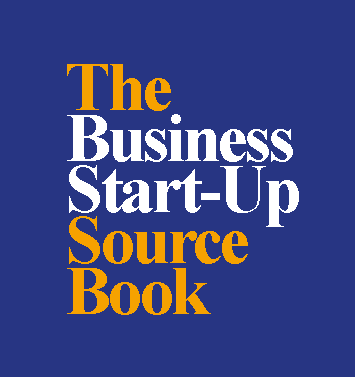Getting ready for business finance
Few businesses can get by without some form of financing. Even if you keep startup costs to a minimum, or bootstrap your business with your own funds and time, realistically at some point you’ll look for funding. So how do you make sure your business is ready for it?
Think about your attitude to risk
It’s easy to assume that startup founders are risk takers in every aspect of business. A US report last year found that 63% of founders considered themselves to be risk-averse, although a slightly greater 65% recognised risk-taking as essential for a business to grow.
Chances are you’ve already weighed up how you feel about taking risks, especially as you’ve taken the first steps in starting your business. But think deeper about your relationship with, and attitude to, money.
- How much financial security do you need?
- Do you need to take a salary from your startup, and if so, how much?
- Could you cope if there were months when you couldn’t take that salary?
- Have you been able to personally invest in your business?
- Do you have the capital available to grow your business?
- How do you feel about borrowing money for your business?
These questions are a first step in working out what finance you might need and when, which we explore in more detail below. You should also discuss them with your business partners – you might find you don’t all share the same level of risk tolerance.
Timing is everything
Writing a business plan and preparing some cash flow forecasts will help you determine when you might need finance. An urgency for finance can often set alarm bells ringing in the minds of your funders as it could show a lack of business management, so prepare in advance if you can. Some types of finance, like a business credit card or overdraft, can be turned around relatively quickly, but a business loan is likely to take much longer, depending on who’s providing it. If you want to go down the equity investment route, allow a minimum of six months realistically to go through the process of securing the funds.
Make sure your credit score is healthy
Learning about your company credit score might not be the first thing that springs to mind when you start your business. But understanding what it is, why it’s important and how you can use it to your advantage is a small step that can make a big difference to making funding choices. If you’ve set up as a limited company, you can also take steps to build your business credit rating. Credit agencies like Experian are a good place to start in understanding and managing business credit scores.
Spending time getting to understand your business credit score in advance of applying for any type of funding is part of your financial management. A healthy score might make it easier to obtain credit, be that a business loan or credit card, or set up a trading account with suppliers.
Make sure your personal rating is healthy too. When you first start out and haven’t yet built up a business score, funders will often look at the director’s personal score.
Be aware of the costs of finance
Costs vary depending on the source, so you need to make sure you fully understand the charges you’ll have to pay. You could expect to incur arrangement fees, interest charges, legal fees or service charges depending on the type of funding and who’s providing it. You’ll need to build these costs into your cash flow.
Understand what’s driving your need for funding
You should only seek funding when you really need it, otherwise you’ll incur unnecessary costs and charges. You can split your need for funding into short term and medium/long term finance. Short term finance will usually be related to ongoing cash flow management – trade credit, overdrafts, invoice finance and credit cards are all examples of this. Any credit built up is usually repaid over a short period.
Medium/long term finance is often related to growth and expansion (although some might also support your startup costs). Loans are the most obvious type of longer term finance, usually provided over a fixed period, but you might prefer leasing or hire purchase if you need to invest in equipment. Equity investment is similar to a business loan in that repayment is delayed for a period of time, although it is more complex to arrange.
Understand your funding options
Business finance doesn’t necessarily mean taking out a business loan. There many different types of funding available depending on what you need the finance for. In reality, you’ll probably end up with a blend of funding – perhaps a credit card to help manage smaller payments, asset finance for investment in machinery and equipment, and a loan for expansion, or maybe even investment. It’s important you understand the full breadth of options available to you. We’ve written another blog on finance options, but speak to your accountant or local business support organisations to get more tailored advice.
About the contributor
Lynne Robertson – Lynne is Enterprise Education lead at Santander, delivering non-financial support to businesses at all stages of growth.
Find out more – Santander Breakthrough
LinkedIn – Lynne Robertson | LinkedIn





